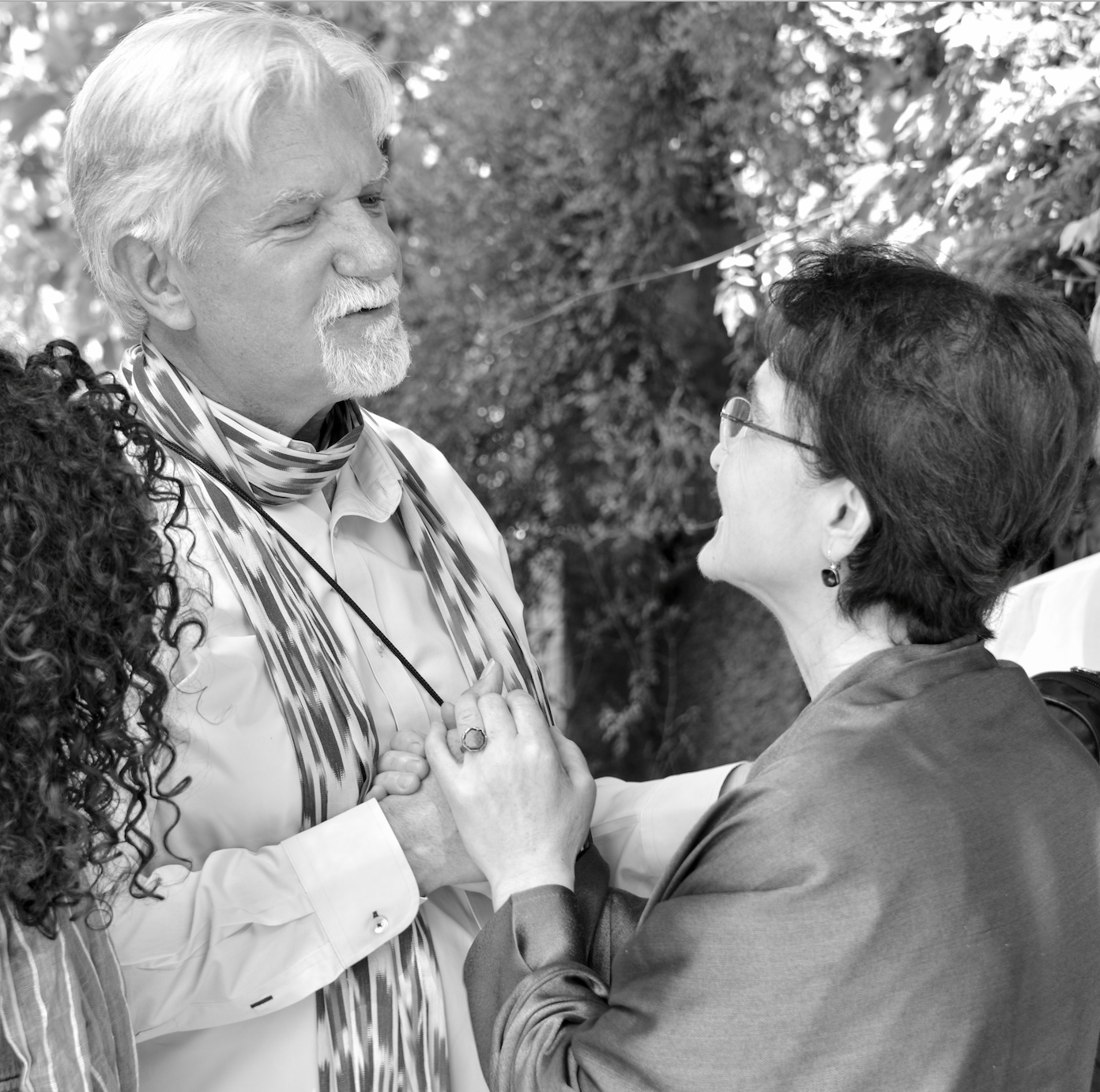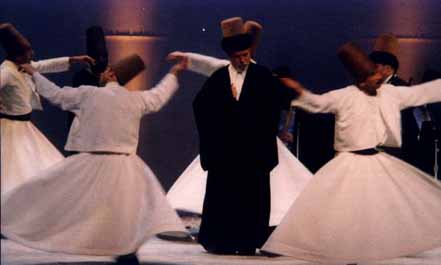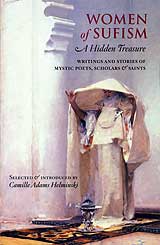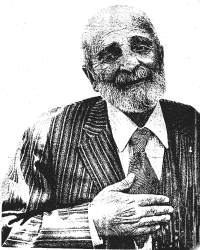With Nur in the Garden
Istanbul, June 8, 2025 Kabir Dede: We’re here with our greater, wider Mevlevi family. I'm really touched. To see this beautiful family from France, Morocco, England, Pakistan, America, Turkey, Germany. The life and beauty of this School of Love -- this School of Love and Beauty. Beauty is our point of contact with Allah. Beauty [...]








